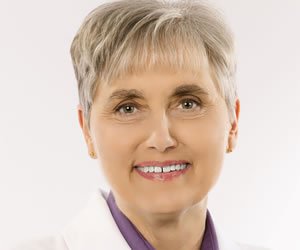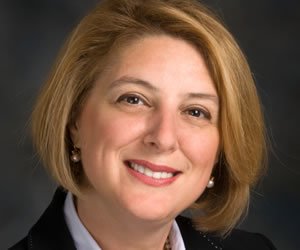As third year medical students you’re rotating through your general specialties and you think you’re seeing familiar faces but in new places. Isn’t that your newborn nursery resident who assigned APGAR scores, now leading the code in the medical ICU? Some of you may have had similar déjà vu experiences but rest assured, your mind isn’t fooling you. At 79 programs across the USA and Puerto Rico, Combined Internal Medicine and Pediatric residents walk (briskly) through the halls of the hospital carrying both PALS and ACLS cards in our coat pockets. Our minds have been shaped to think broadly and decisively. We carry an air of calmness from our critical care rotations yet we know when to appropriately turn to our goofy side to connect with our patients. Through four years of versatile training, we are training to be the 21st century physician.
The Combined Internal Medicine-Pediatrics (commonly referred to as “Med-Peds”) is a four-year residency-training program that leads to dual board certification in Internal Medicine and Pediatrics. While there are many combined training programs offered in the US, the Med-Peds residency is by far the most ubiquitous and popular program available. During the four years of training, residents undergo a rigorous schedule of rotations ranging from adult and pediatric wards, MICU, PICU, NICU, CCU, Med-Peds clinic and specialty electives. By graduation, residents will have completed a total of 2 years of adult and 2 years of pediatric training. The frequency at which residents switch from one “side” to another changes depending on the individual residency program. The end product is the same: Individuals who are prepared to deal with acute, complex, chronic and preventive care for both adult and pediatric medical conditions. The broad training creates an endless list of career possibilities. We each carve out a niche that best fits the career interest we have in mind.
Read more




















